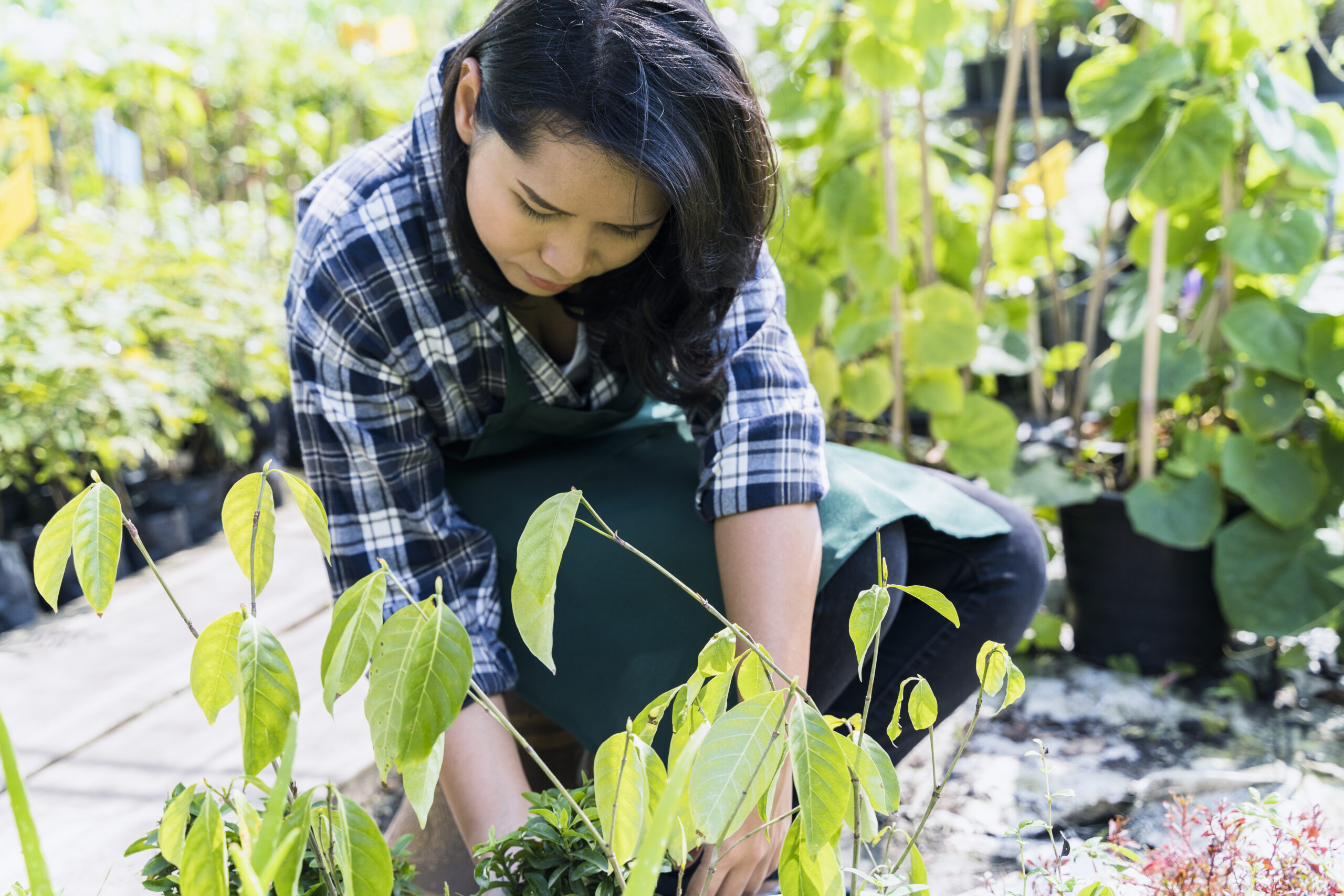Volunteering is one of the most impactful ways to contribute to the betterment of society while enriching your own life. It is the selfless act of offering time, skills, and resources to help others without expecting monetary compensation. Volunteering strengthens communities, addresses critical social issues, and fosters a profound sense of purpose and fulfillment for those involved. In this guide, we explore the transformative power of volunteering, its wide-ranging benefits, the types of volunteer work available, and how anyone can take the first step toward making a meaningful difference.
Benefits of Volunteering
Personal Growth
Volunteering is a gateway to personal growth and self-discovery. It provides opportunities to step outside your comfort zone, learn new skills, and expand your understanding of the world. For example, organizing a community event can enhance leadership and project management abilities, while mentoring a student can strengthen patience and communication skills. Many volunteers report gaining a deeper understanding of themselves and discovering passions they never realized they had.
Building Connections
Volunteering brings people together and fosters a strong sense of community. By working with others who share similar values, you have the opportunity to build lasting friendships and create networks that extend beyond your volunteer activities. These connections can lead to collaborative opportunities, whether in your personal or professional life, and provide a support system of like-minded individuals who are equally passionate about making a difference.
Enhancing Mental Well-Being
The psychological benefits of volunteering are well-documented. Engaging in acts of kindness can trigger the release of endorphins, often referred to as the “helper’s high,” which boosts mood and overall happiness. Additionally, volunteering provides a sense of purpose and accomplishment, which can counter feelings of loneliness, stress, and depression. Whether it’s the gratitude expressed by those you help or the knowledge that your efforts have a meaningful impact, volunteering is a powerful antidote to mental health challenges.
Developing Professional Skills
For those seeking career advancement or exploring new fields, volunteering is an excellent way to gain practical experience and develop transferable skills. Whether it’s organizing fundraisers, managing teams, or handling administrative tasks, volunteer roles often mirror responsibilities in professional settings. Employers highly value volunteer experience as it demonstrates initiative, adaptability, and a commitment to contributing positively to society.
Making a Tangible Impact
Above all, volunteering allows individuals to make a real, measurable difference in the lives of others. Whether it’s tutoring a child who goes on to excel in school, planting trees to combat climate change, or assisting in disaster relief efforts, volunteers leave a lasting legacy through their actions. Every small contribution adds up, creating ripples of change that extend far beyond the immediate moment.

Types of Volunteer Work
Community Service
Community service focuses on improving local neighborhoods and fostering a sense of togetherness. Examples include organizing food drives, participating in clean-up campaigns, or helping out at shelters. These activities address immediate needs within the community and inspire others to get involved.
Environmental Conservation
Environmental volunteering is vital in combating climate change and preserving natural ecosystems. Activities such as tree planting, beach clean-ups, and promoting sustainable practices not only protect the environment but also raise awareness about the importance of eco-friendly living. By participating in conservation efforts, volunteers play a crucial role in safeguarding the planet for future generations.
Educational Support
Educational volunteering involves helping students reach their full potential. This could include tutoring, mentoring, or organizing literacy programs. For instance, assisting children with reading or helping young adults prepare for college exams can have a profound impact on their academic and personal success.
Healthcare and Support Services
In healthcare settings, volunteers provide invaluable support to patients and medical staff. This might involve comforting patients, assisting with non-clinical tasks, or raising awareness about public health initiatives. By volunteering in healthcare, individuals contribute to the physical and emotional well-being of those in need.
Disaster Relief
Disaster relief volunteering is essential during times of crisis. Whether it’s providing food and shelter to those displaced by natural disasters or assisting with rebuilding efforts, these volunteers help communities recover and regain stability. Their efforts often bring hope and resilience to those affected by tragedy.
How to Get Involved
Identify Your Interests and Skills
Start by considering the causes you are passionate about. Are you drawn to environmental conservation, education, or social justice? Understanding your interests will help you find opportunities that align with your skills and values, ensuring a fulfilling volunteer experience.
Research Opportunities
Look for local organizations, charities, and non-profits that align with your chosen cause. Many organizations post volunteer opportunities on their websites or social media platforms. Volunteer matching websites and apps can also help you find opportunities tailored to your preferences and availability.
Take the First Step
Once you identify an organization or event that resonates with you, reach out to express your interest. Most organizations have a simple application process that may include forms, orientations, or background checks. Don’t hesitate to follow up and ask questions if needed.
Commit to Your Role
Commitment is key to making a lasting impact. Be punctual, reliable, and enthusiastic in your role. Effective communication with the organization and fellow volunteers will enhance the overall experience for everyone involved.
Reflect on Your Experience
After completing your volunteer work, take time to reflect on what you’ve learned and the impact you’ve made. Consider how you can build on these experiences, whether by taking on new challenges, recruiting others to join, or continuing to volunteer regularly.
Conclusion
Volunteering is a powerful way to create positive change in your community while experiencing personal growth and fulfillment. From improving mental well-being to developing professional skills and building meaningful connections, the benefits of volunteering are immense. By dedicating your time and energy to causes you care about, you can make a tangible difference in the lives of others while enriching your own. Whether it’s helping a neighbor, protecting the environment, or supporting global disaster relief efforts, every act of volunteering work contributes to a better, brighter world.

